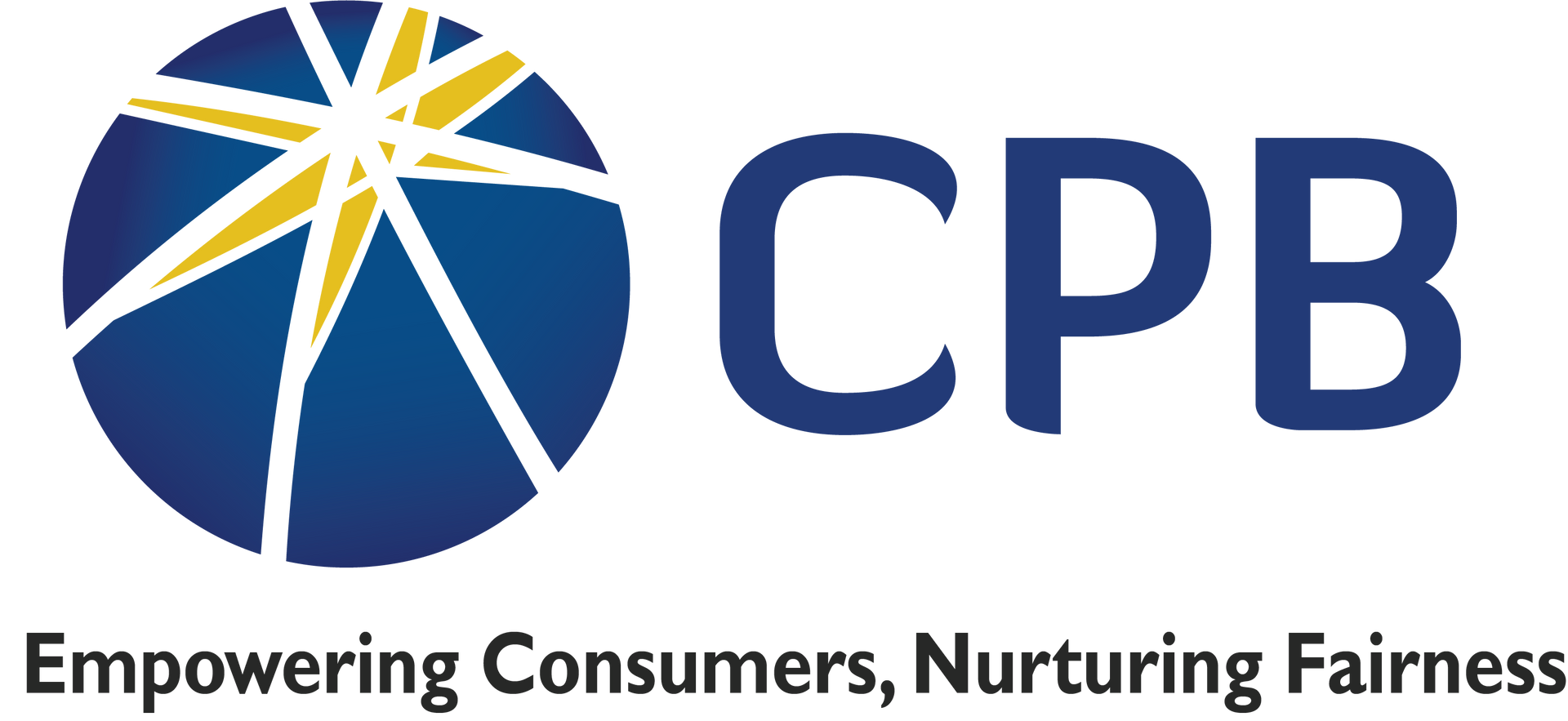Rethinking UK Infant Formula Regulations: Can Changes Truly Ease Financial Pressure on Families?
Rethinking UK Infant Formula Regulations:
Can Changes Truly Ease Financial Pressure on Families?

A collective effort spearheaded by Feed UK and The Metro has called upon the government to revise the regulations outlined in the Infant Formula and Follow-on Formula Regulations(2007), paving the way for promotional activities and discounted sales of infant formula.
Calling this Regulations archaic, Iceland CEO, Richard Walker has defied the Government and stated that Iceland will ‘illegally’ accept discounts to promote the sales of infant formulas. The defiant retail chain has already made customers aware that it is cutting the price on infant formula by more than 20%.
This campaign has potentially introduced a new paradigm. Although its primary objective is to enhance the affordability of infant formula for families grappling with the escalating costs of feeding their babies, it remains imperative to examine the fundamental reasoning underpinning these Formula Regulations.
Enacted in 2007, the Infant Formula and Follow-on Formula Regulations were established to uphold the practice of breastfeeding, aligning with the recommendations of the NHS, which advocates exclusive breastfeeding for infants during their initial year. This legislation represents a milder and diluted interpretation of the World Health Assembly's (WHA) resolution adopted in 1981, which urged World Health Organisation member states to adopt the International Code of Marketing of Breast-milk Substitutes as a minimum requirement to protect and promote appropriate infant and young child feeding.
Presently, the UK Foods Standard Agency enforces this regulation that prohibits manufacturers and retailers from using price promotions or other promotional strategies to boost the sale of infant formulas.
The UK's legal frame work incorporates certain facets of the Code into its legal structure, to safeguard both infants and their families from potentially detrimental commercial interests.
Within the European Union, more stringent regulations exist to prevent retailers from offering discounts on newly introduced baby formula milk and from distributing coupons or rewards through loyalty programmes.
The Infant Formula and Follow-on Formula (England) Regulations of 2007 explicitly prohibit the promotion of formula feeding for at least the first six months.
Guidelines provided by the NHS advocate for the exclusive breastfeeding of infants for the entirety of their first year.
La Leche League GB expresses concerns that relaxing these regulations could constitute a regression, potentially misleading mothers and facilitating the sale of inferior products.
Reprimanded by the Advertising Standards Authority (ASA) for breaking the advertising Code, Boots- the giant health and beauty retail chain issued an apology and acknowledged that the presence of four infant formula brands on a search engine, funded by the company, was a result of human error. The ASA's investigation concluded that Boots had indeed contravened the advertising Code, prompting the immediate removal of the advertisement.
Breast milk comes at no cost, and its unparalleled nutritional properties play a distinctive role in the physical, physiological, and mental advancement of infants during their initial year. Up to now, no artificially processed milk formula has managed to replicate the benefits of breast milk.











